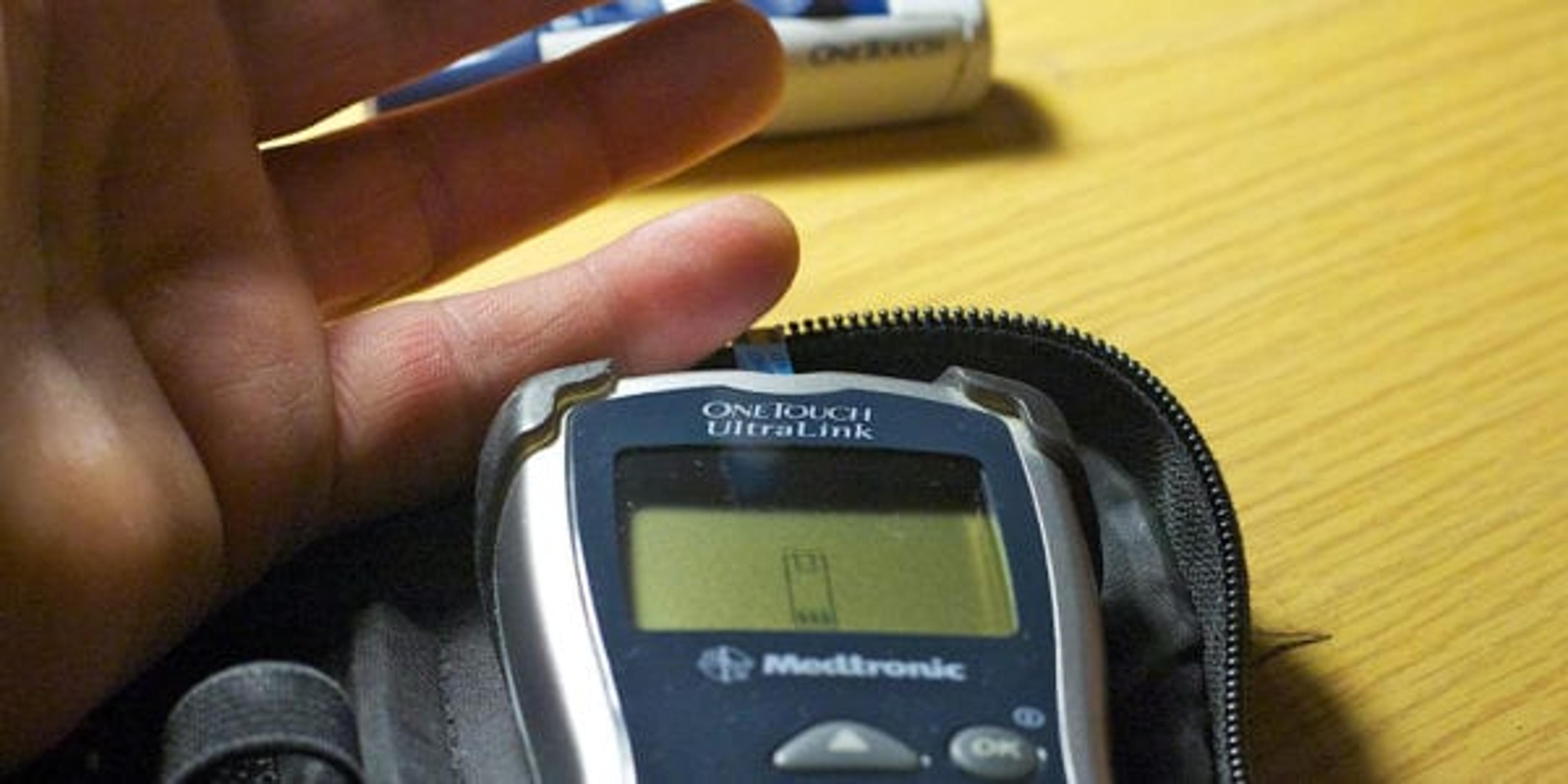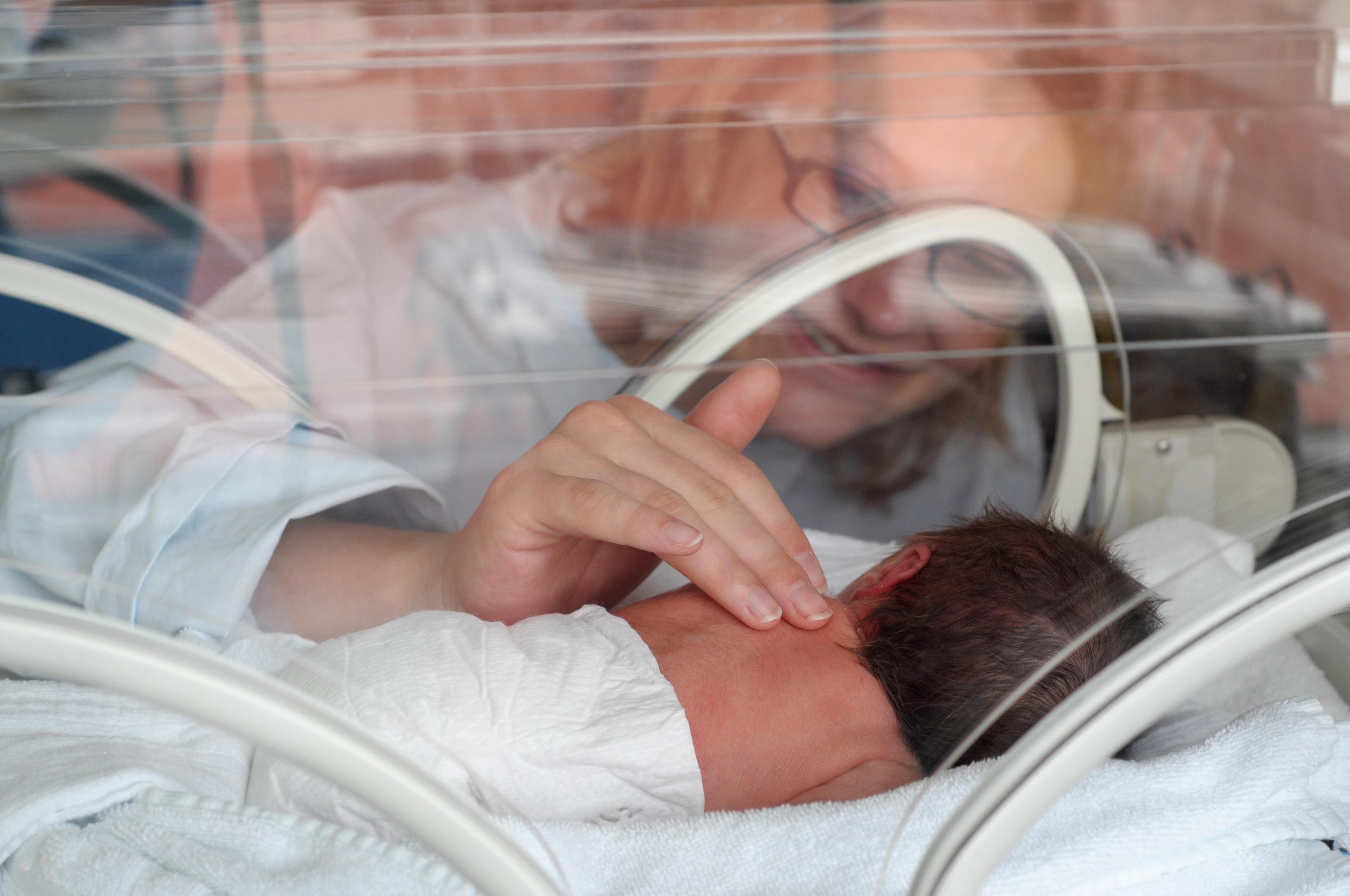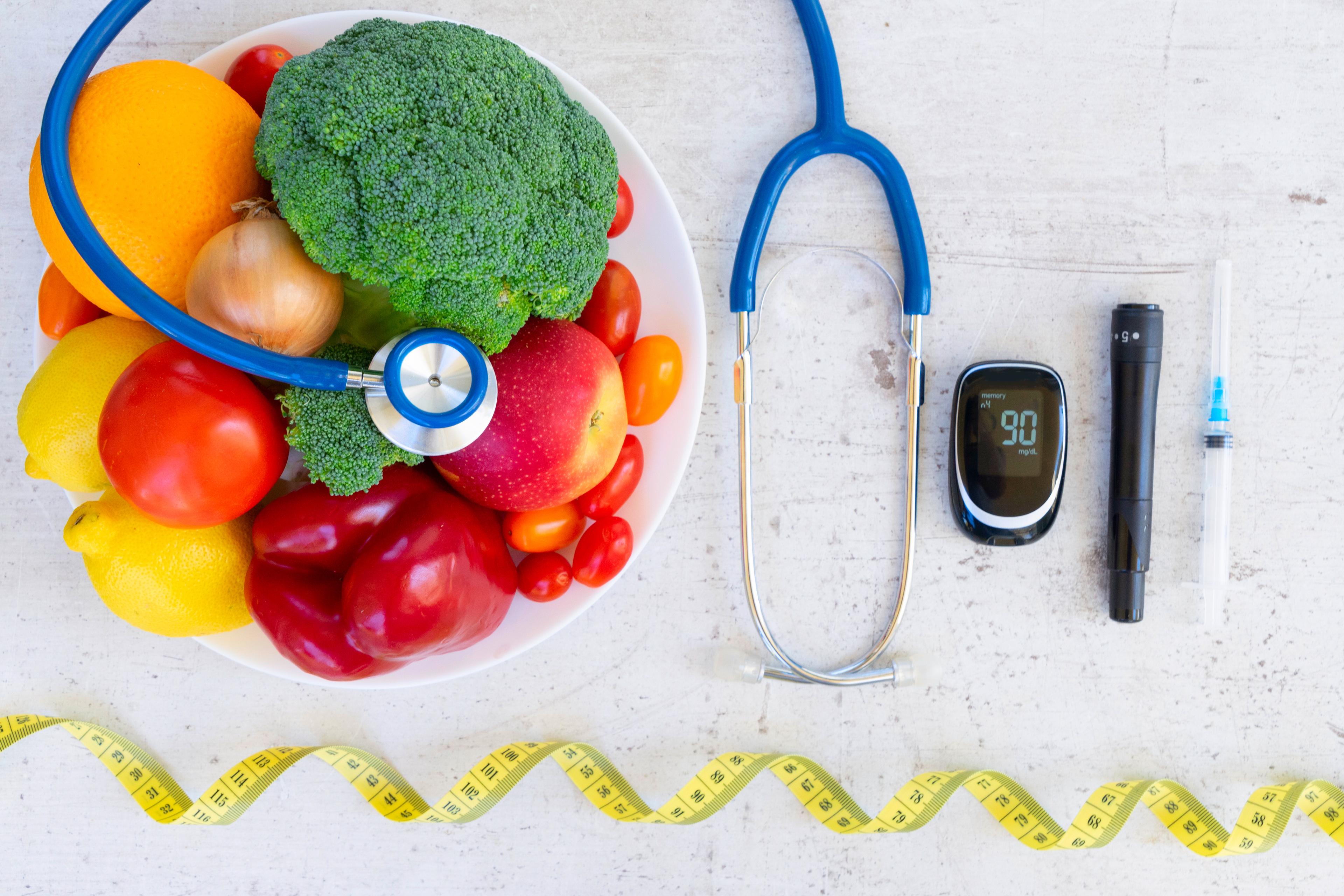Are You at Risk for Type 2 Diabetes?
| 3 min read

Diabetes impacts 29 million people in America, and around 95 percent of people with diabetes have type 2, formerly called adult-onset diabetes. (The other five percent have type 1 diabetes, previously known as juvenile diabetes.) Type 2 diabetes is caused by too much glucose, a form of sugar, in the blood. This can cause circulation issues and a myriad of other serious complications like heart disease, stroke, kidney disease, blindness, dental disease and amputations.
It’s important to know if you’re at risk for the disease. The best person to talk to is your doctor, but you can get an idea of what kind of risk factors you might have by taking this quiz from the American Diabetes Association:
- How old are you?
- Less than 40 years (0 points)
- 40 – 49 years (1 point)
- 50 – 59 years (2 points)
- 60 years or older (3 points)
- Are you a man or a woman?
- Man (1 point)
- Woman (0 points)
- If you are a woman, have you ever been diagnosed with gestational diabetes?
- Yes (1 point)
- No (0 points)
- Do you have a mother, father, sister or brother with diabetes?
- Yes (1 point)
- No (0 points)
- Have you ever been diagnosed with high blood pressure?
- Yes (1 point)
- No (0 points)
- Are you physically active?
- Yes (0 points)
- No (1 point)
- What is your weight status? See chart.

Now add up your points. If you scored five or higher, you have an increased risk for developing type 2 diabetes and should speak to your doctor about getting tested. No matter your score, it’s worth knowing as much as you can about the disease. Here are some answers to common questions you may have:
How can I reduce my risk for type 2 diabetes? Losing weight, exercising and improving your diet can all help lower your chances of developing type 2 diabetes. High cholesterol and blood pressure can also raise your risk, so if your levels are too high, talk with your doctor about whether you need medicine to control these.
What are the signs and symptoms? Though symptoms can sometimes be nonexistent, consult your doctor if you notice any of the following:
- Increased thirst
- Increased hunger
- Fatigue
- Increased urination, especially at night
- Unexplained weight loss
- Blurred vision
Can type 2 diabetes be reversed? It absolutely can. Making changes like losing weight and becoming more active can delay, prevent and reverse the disease. That said, make sure you continue to work with your doctor on your treatment plan and don’t stop taking medication until your doctor says it’s fine.
Are you looking for motivation to exercise and change your diet? Sign up for our #HealthyMe community, which will help you reach your goals. For more tips on preventing diabetes, check out these blogs:
Photo credit: Measure Me Blood





